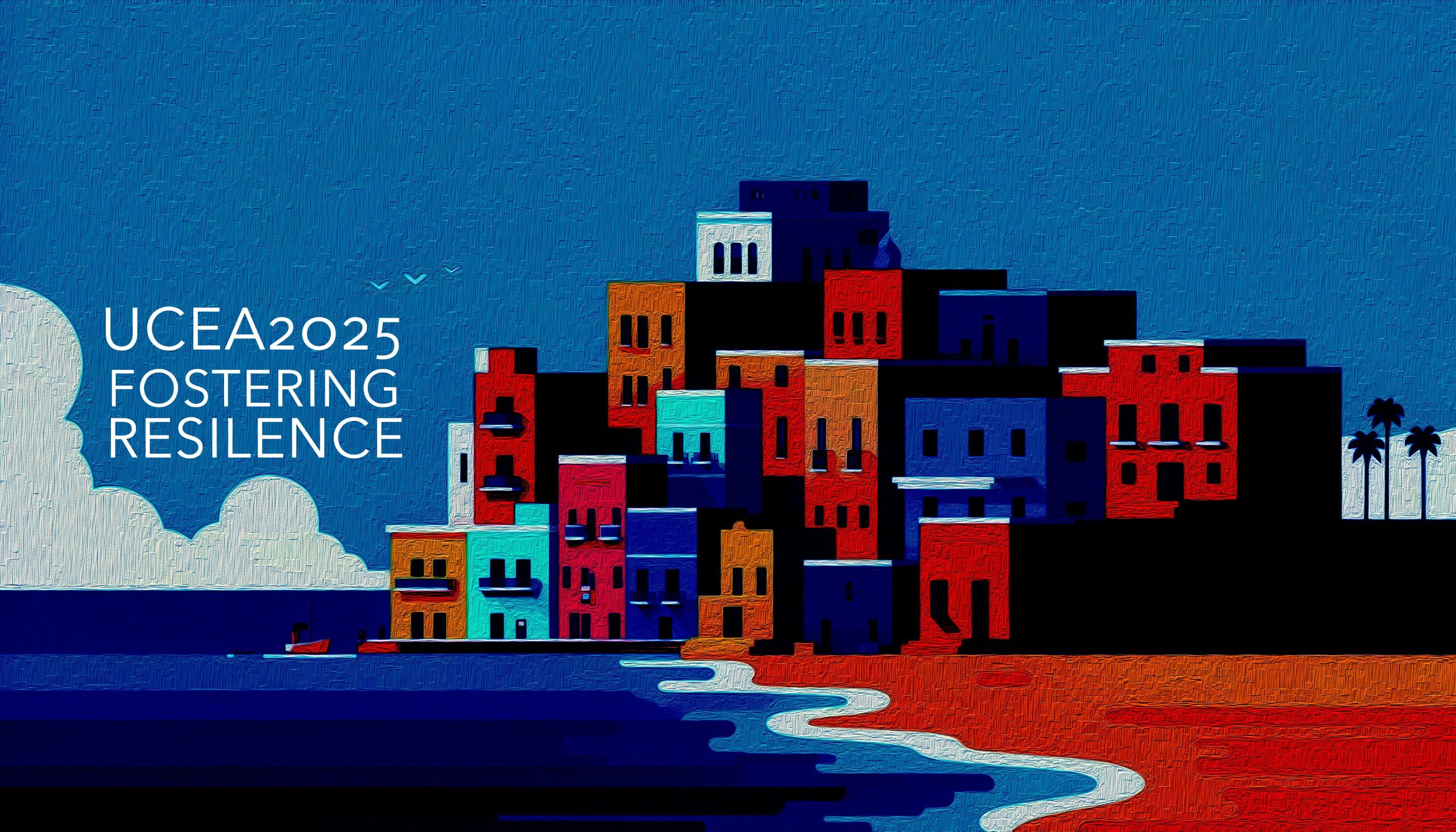
placeholder
Policy and Politics and the Undermining of Public Education in Puerto Rico
Towards the end of the Joe Biden presidency, the White House Initiative and Presidential Advisory Commission for Educational Equity, Excellence, and Economic Opportunity for Hispanics, in partnership with then-Secretary of Education Miguel Cardona, advocated for public education in Puerto Rico. Their visit to the Island in September 2024 focused on understanding and addressing political and systemic challenges—including the politicization of K–12 leadership and increasing privatization of K–12 and higher education. Recommendations emerged to reverse the significant losses in funding, enrollment, and the educator workforce (in some cases, over 50%). This session brings together commissioners and members of the Biden administration to explore lessons and implications for public education both in Puerto Rico and across the United States.
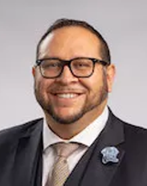
Cristóbal Rodríguez
Cristóbal Rodríguez is a scholar of Educational Leadership and Policy Studies with deep experience in advocacy, educational equity, and Latino/a/x student success. His research and leadership reflect culturally responsive leadership and systemic reform.
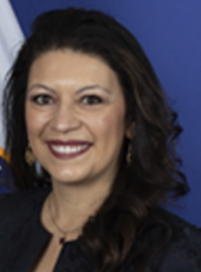
Melody Gonzales
2021–2025 Executive Director, White House Initiative for Advancing Educational Equity, Excellence & Economic Opportunity for Hispanics
Melody brings federal, state, and union-based experience to her current leadership role in the Biden administration. Her policy advocacy spans education equity, interagency collaboration, and Latino representation.
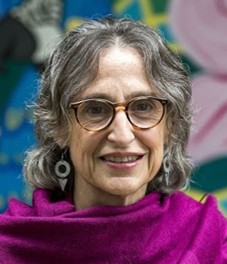
Ana María García Blanco
2022–2025 White House Commissioner, Executive Director, Instituto Nueva Escuela
An educator and Montessori advocate, Ana María has transformed dozens of Puerto Rican public schools through community-driven, justice-centered governance and pedagogy.
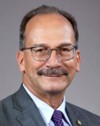
Havidán Rodríguez
2022–2025 White House Commissioner, President, University at Albany (SUNY)
As the first Hispanic president of a SUNY four-year institution, Dr. Rodríguez leads equity-focused innovations in research, disaster resilience, and Latino/a student success.

Andrea Zayas
2022–2025 White House Commissioner, Chief of Collaboration & Partnerships, National Alliance for Public Charter Schools
Andrea Zayas is a systems thinker and education equity advocate with leadership experience in Boston Public Schools, the NYC Department of Education, and the nonprofit sector.